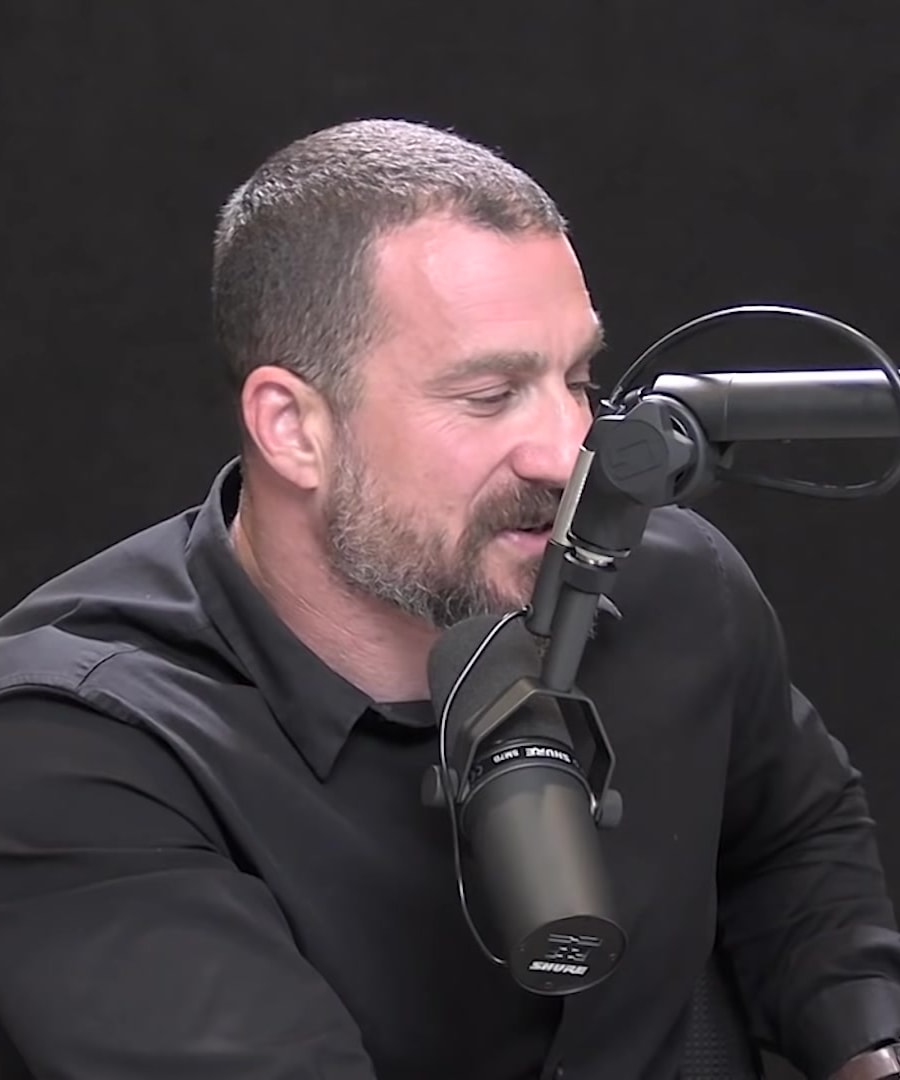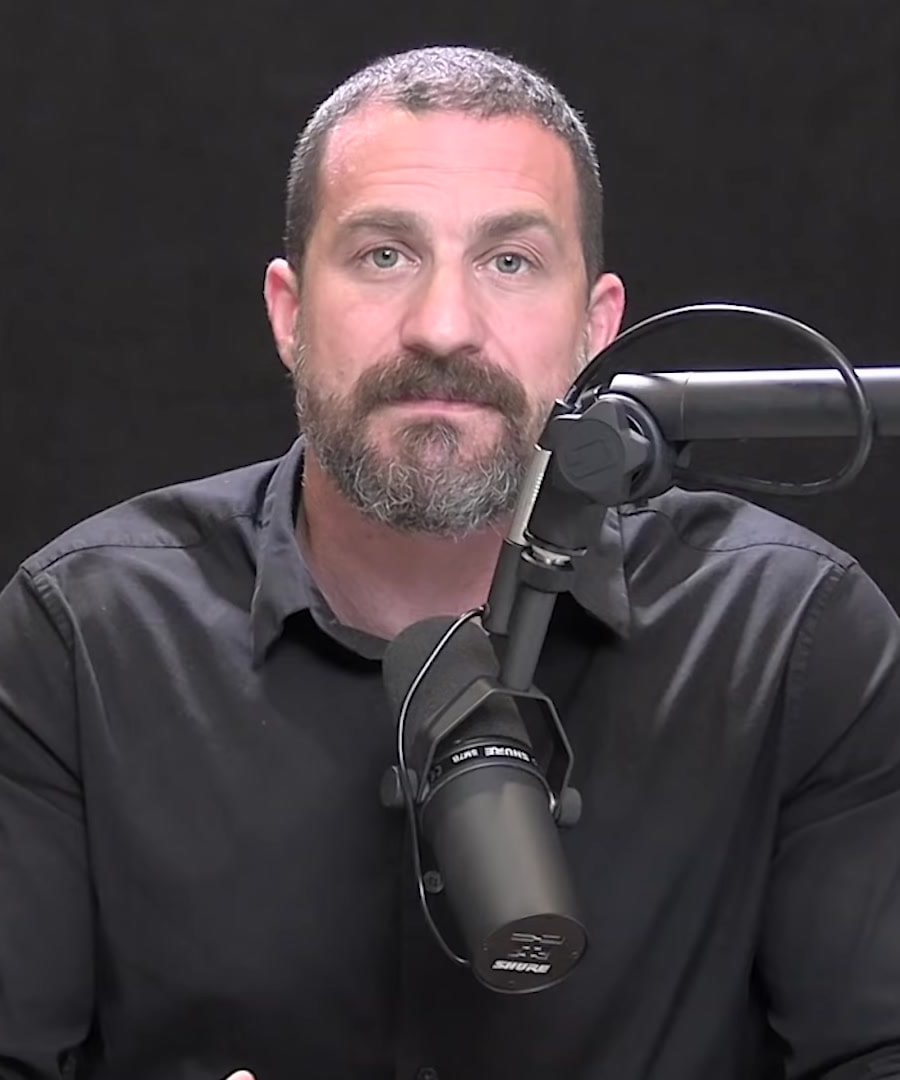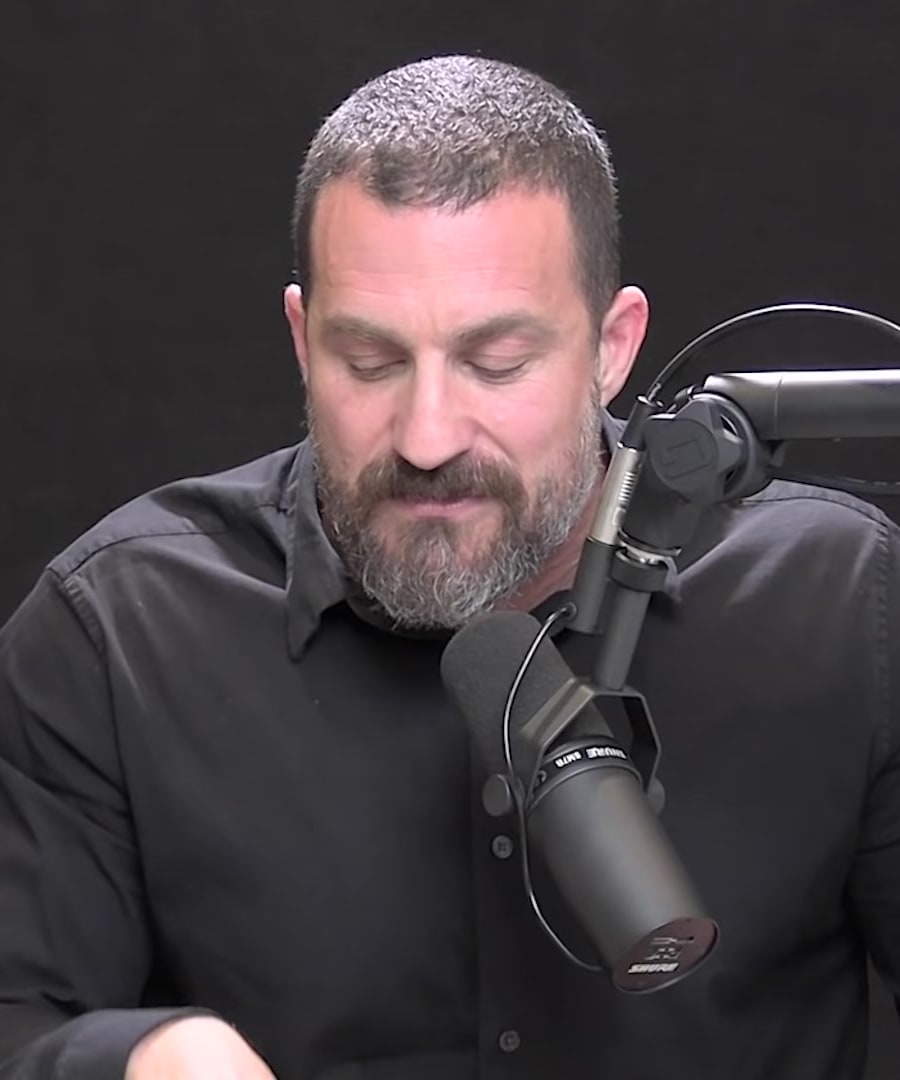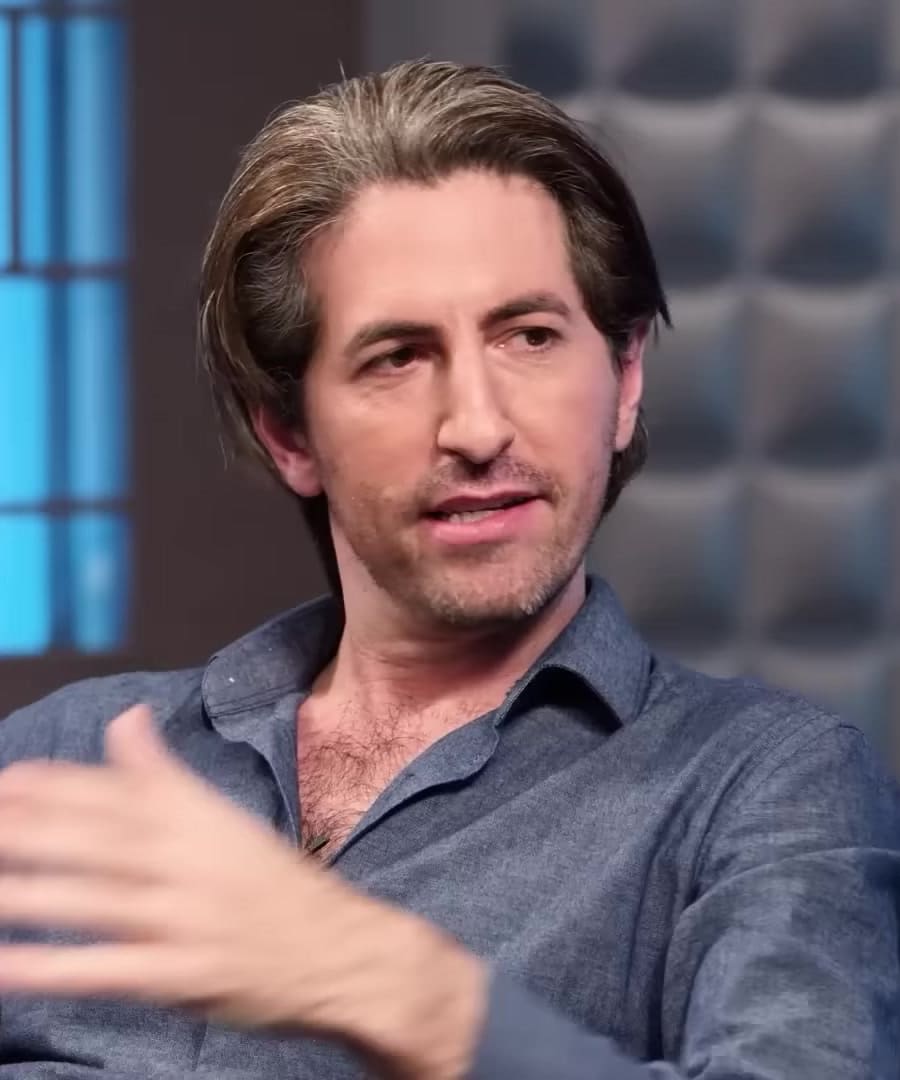How does storytelling affect the brain?
Sources:
Storytelling has profound effects on the human brain, as elaborated by . When individuals are exposed to stories, especially those that invoke emotions like gratitude, their brain's neural circuits that govern pro-social behaviors become activated. For example, subjects who watched stories about survivors of genocide experienced robust activation of these circuits, feeling an affiliation with the storyteller and emotional resonance. This response didn't necessarily require empathy, but rather a connection to the narrative which could also be sympathy. This demonstrates that the brain is intricately adapted for storytelling, with circuits that help us organize information by linking past, present, and future, and by including protagonists and antagonists in a narrative context. Stories not only affect brain activity but can also lead to physiological changes, such as synchronizing heart rates across different individuals listening to the same story, an indication of narrative's power to coordinate both brain and bodily functions 1 2.
In the context of fear and trauma, narrative can also play a significant role. By retelling and reliving experiences, individuals can diminish the amplitude of negative associations. This rewiring through cognitive narrative channels allows for replacing or attaching positive experiences to the previous traumatic event, which is vital for the prefrontal cortex's role in creating new meanings and controlling our responses to reflexive memories 3.
Moreover, storytelling can be a method to develop and reinforce gratitude practices, which can lead to neuroplastic changes in the relevant brain circuits. By rehearsing a personally meaningful narrative, it becomes easier to trigger a state of gratitude and relational engagement, eventually making these social circuitries more responsive to such narratives with practice 4.
Finally, our most complex mental states hinge on basic biological machinery, including the narratives that shape our consciousness and reality. The stories we create about our experiences can profoundly influence our survival instincts and expand our sense of wonder, evoking high-level emotional states in parallel with our foundational biological systems 5 6.
RELATED QUESTIONS





